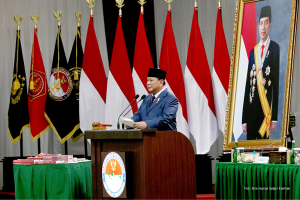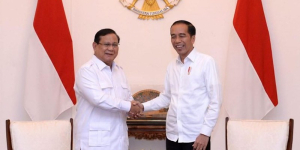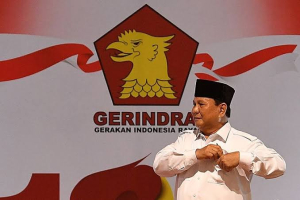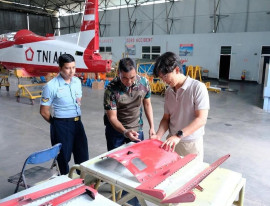Indonesia to slash payment obligation as Fighter Jet project remains a priority
The Indonesian government has planned to reduce its payment obligations in the development of KF-21 fighter jet with South Korea's Korea Aerospace Industry (KAI), from the 20 percent shared cost to only one-third (around 7 percent) of the total project cost.
This move is taken due to budget constraints faced by the Indonesian government, which requires a more efficient spending strategy to prioritize other national defense needs.
A Reuters report, which cited South Korean government sources, said Jakarta recently proposed to Seoul that it would pay about 600 billion won (about US$443 million) for the KF-21 joint fighter jet project. According to the report, the initial amount to be paid for Indonesia's share in the joint fighter project is set at around 1.6 trillion won by June 2026.
"In order to successfully complete the development of the KF-21 system, the South Korean and Indonesian governments are conducting final negotiations to resolve the current cost-sharing issue," South Korea's Defence Acquisition Programme Administration (DAPA) said in a statement to Reuters.
Beni Sukadis, Military analyst at the Indonesian Institute of Defense and Strategic Studies (LESPERSSI) said that while this reduction may indicate financial constraints, the collaboration with KAI remains a priority to develop the KF-21 fighter jet, which is a strategic project for Indonesia.
“By maintaining this collaboration, it is hoped that Indonesia can still gain access to the latest technology and knowledge in the aerospace industry, while reducing the financial burden,” Beni told Indonesia Business Post on Tuesday, May 7, 2024 .
"In addition, Indonesia can maintain good relations with South Korea in continuing cooperation in the manufacture of this fighter jet and the possibility of cooperation in the procurement of other defense equipment in the future." he added.
South Korea has a number of good defense industries, including warships, missiles, drones, other weapons and even repair services for a number of defense equipment. Consistent and gradual cooperation with South Korea's defense industry is expected to create an Indonesian national defense industry that is independent from major countries, such as the US and Western Europe that have more rigid requirements.
These measures, Beni said, also reflected the Indonesian government's commitment to maintain a balance between military technology advancement and other development needs. By reducing the obligation to pay in this KF21 project, the government seeks to ensure that limited resources can be allocated more effectively to fulfill the various needs of the society and improve the sovereignty and security of the country.
He said further that this policy of reducing the shared cost should be followed by several other constructive steps to ensure the ongoing development of the KF21 fighter jet and other defense equipment. First, the Indonesian government of Indonesia issues a new Defense White Paper to serve as a national foundation in the development of Indonesia's defense capabilities, since the last White Paper was issued in 2015.
Second, conduct a thorough evaluation of other defense equipment purchase plans that could waste state budget expenditure and develop a stricter priority plan for defense equipment procurement in accordance with Law No. 16/2012 on the Defense Industry;
Third, involve parliamentarians, academics and other civil society in the development of future defense equipment in order to achieve transparency and accountability in the governance and policies of state defense.
Already have an account? Sign In
-
Start reading
Freemium
-
Monthly Subscription
20% OFF$29.75
$37.19/MonthCancel anytime
This offer is open to all new subscribers!
Subscribe now -
Yearly Subscription
33% OFF$228.13
$340.5/YearCancel anytime
This offer is open to all new subscribers!
Subscribe now







